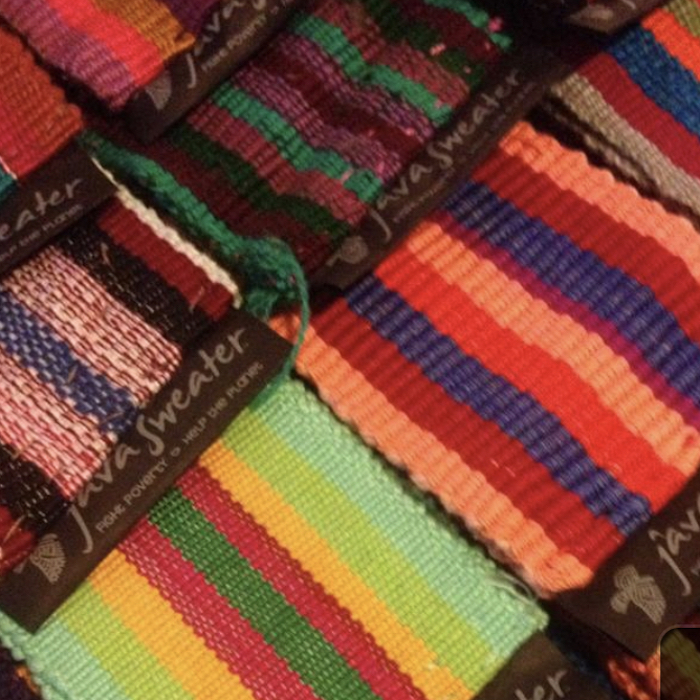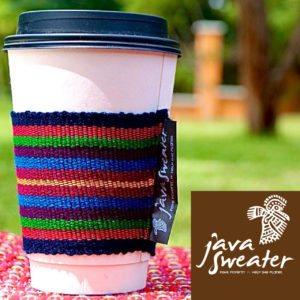Guatemalan Coffee – Fresh from the Farm
Direct Trade Program
The only way to break the cycle of poverty is to say NO to the suits in New York, and to buy coffee direct from the people that grow it.
A Program 10 Years in the Making
Radical Missions has worked to lift villagers in Guatemala out of poverty since 2009. They provide clean water, (roads, bridges, churches, clinics, and schools) and create opportunities for the villagers to help themselves. The Direct Trade Coffee Program is a unique plan a decade in the making. Radical Missions is the only coffee we know of that is grown, harvested, processed, roasted, packaged, and shipped direct at origin. All by the same people that grow it, benefiting no-one but them, eliminating middle men like coyotes, exporters, brokers, importers, roasters and retailers.
The result is that coffee producers can now earn a sustainable living year after year, getting paid a fair price for their hard work. A price that does not fluctuate with the commodities market. A stable price that lets them build a future for their children and their country.
Buying Radical Missions coffee from Bridges Abroad is like you flying down to Guatemala and buying directly from the producer that grew it. In fact, we encourage you to organize a mission trip with your church to get involved, meet the people, and partner alongside us as we rebuild infrastructure and share the love of Jesus Christ with the communities we serve. While you are there, you can buy the same coffee and save on shipping.
The Radical Missions coffee we sell is an honest coffee that has been grown with love and care by hardworking people since the 1800s, passing skills down from generation to generation.
“Christ Offers Forgiveness For Everyone Everywhere” Matthew 6:14
C.O.F.F.E.E
Proceeds directly benefit the Coffee Growers in Guatemala

Java Sweater Program
The Java Sweater story started as a “What if” during a mission trip to Guatemala by Stephen Cassar and his then 10-year-old daughter Taylor in the summer of 2009. What if we could find one commonly-used product and have it hand crafted by real Guatemalan villagers? What if we could jump start hundreds of micro-businesses, and pay the workers a salary designed to end the cycle of poverty? What if that salary could effectively put them in business for themselves, not provide a factory job and we could actually help the environment at the same time?
From this simple idea evolved the Java sweater you see today.
Why Java sweaters? In the USA alone, millions of to go coffees are sold each and every day. The majority of these coffees are served in disposable paper cups with a thin, cardboard insulator sleeve. Coffee sleeves are not particularly attractive and are typically not reused. We see this as a waste of resources and an opportunity!
All Java sweaters are made using locally sourced cotton strand and woven on traditional black strap looms, using skills handed down from generation two generation.
Each Java sweater is purchased directly from the villagers that make them. Our villagers earn a wage that is roughly 1.5 times higher than that of a fully qualified tradesperson in Guatemala. This opportunity his life changing for these communities, and it is not uncommon for our team to be greeted with tears of joy when they present the Java sweater opportunity to the villagers.
Ending poverty involves 3 basic steps:
1 Clean water. The average villager in a third world country spends 3 hours per day finding and collecting water. The quality of this water is typically questionable with high levels of toxins waterborne bacteria and parasites. The Java sweater team installs cost effective bio-sand filters in villages to provide fresh drinking water.
2 Sustainable income. Once the water issue is solved, the next is sustainable income. Quality produce and protein is available in Guatemala if you have the money. The majority of the villagers we serve do not earn a high enough income (if any at all ) to afford quality protein. These villagers do not want a handout. They want opportunities to earn money. And programs like our Java sweater program provide them with good, steady income that pays well enough for them to finally start investing in their families health, nutrition and future.
3 Long term infrastructure. Once the first two needs have been met, the third, more challenging part can begin. It takes a long time and a lot of money and effort to build infrastructure to support a village through the ups and downs of crop cycles. Schools are often nonexistent in the villages we visit. Medical clinics are equally absent. We involve the whole community and come alongside them to bring missions teams and resources, pairing them with labor and resources from the villagers themselves to modernize each villages infrastructure. As these and other vital infrastructure are completed, we often see a community come together, take pride and ownership, and pick up where we leave off.
How Java sweaters are made
Here are some pictures to show the process the Java sweater artisans follow to make each sweater
